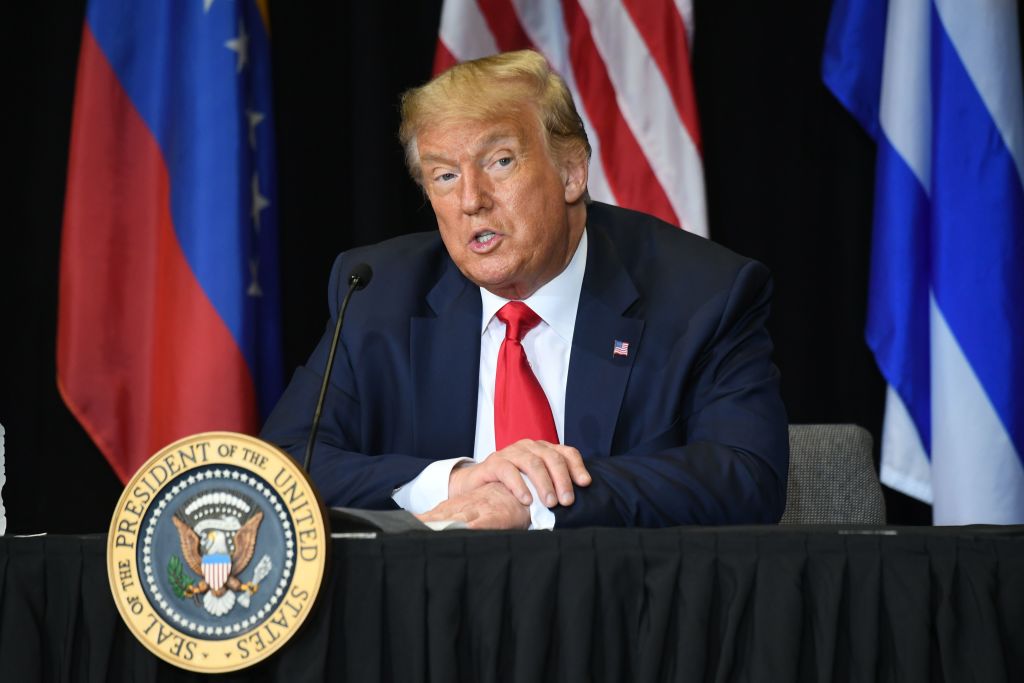Why Trump's commutation for Roger Stone stands out from past presidential pardons


A free daily email with the biggest news stories of the day – and the best features from TheWeek.com
You are now subscribed
Your newsletter sign-up was successful
Several presidents, including George H.W. Bush and Bill Clinton, were criticized for pardoning political allies during their tenures in the Oval Office, The New York Times reports, but President Trump's critics think the commutation of Roger Stone's prison sentence stands out.
In 1992, Bush pardoned former Defense Secretary Caspar Weinberger after Lawrence Walsh, the independent counsel investigating the Iran-Contra affair, filed a new indictment against Weinberger that made public notes contradicting Bush's assertion he was not aware at the time of the arms-for-hostages aspect of the weapons deal. Clinton, meanwhile, stoked bipartisan furor when he pardoned financier Marc Rich in the final hours of his presidency in 2001. Rich fled the country to avoid charges of evading $48 million in taxes, but obtained his clemency after his ex-wife, Denise Rich, contributed money to Clinton's presidential library.
Jack Goldsmith, a Harvard law professor who served as a high-ranking Justice Department official during George W. Bush's presidency, said those pardons are parallels to Stone's commutation, but Goldsmith believes Trump's larger pattern of bailing out his friends and allies puts him in his own league. Goldsmith determined that, out of Trump's 36 pardons or commutations, the act advanced Trump's political goals or benefited someone to whom he had a personal connection 31 times. "This has happened before in a way," Goldsmith said. "But there has been nothing like Trump from a systematic perspective."
The Week
Escape your echo chamber. Get the facts behind the news, plus analysis from multiple perspectives.

Sign up for The Week's Free Newsletters
From our morning news briefing to a weekly Good News Newsletter, get the best of The Week delivered directly to your inbox.
From our morning news briefing to a weekly Good News Newsletter, get the best of The Week delivered directly to your inbox.
The New Yorker's Jeffrey Toobin is also troubled by that pattern, but even among those 36 cases, he thinks Stone's is the most concerning. As Toobin writes, even former President Richard Nixon, the modern era's commander-in-chief most synonymous with political corruption, understood granting clemency to someone who could potentially testify against him was "just too hot." Read more at The New York Times and The New Yorker.
A free daily email with the biggest news stories of the day – and the best features from TheWeek.com
Tim is a staff writer at The Week and has contributed to Bedford and Bowery and The New York Transatlantic. He is a graduate of Occidental College and NYU's journalism school. Tim enjoys writing about baseball, Europe, and extinct megafauna. He lives in New York City.
